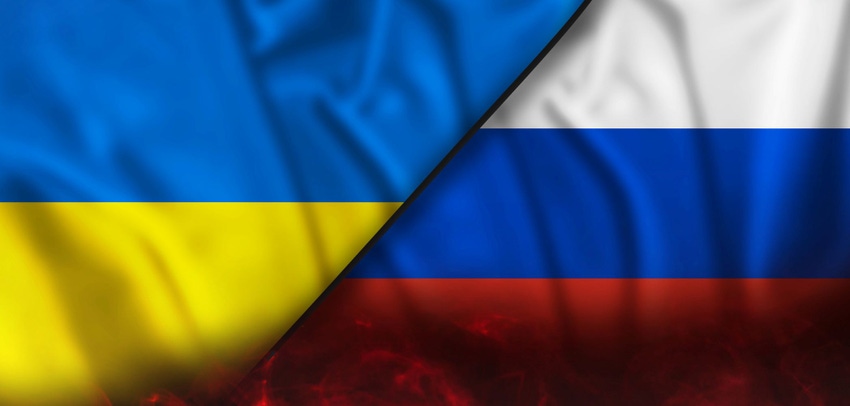United States to end MFN trade status for Russia, Belarus
Legislative Watch: Authority to increase tariffs until 2024; Pigs in Gestation Stalls Act of 2022; USDA to invest in domestic fertilizer.

The House of Representatives voted overwhelmingly to revoke "most favored nation" status for Russia and Belarus. The legislation gives the president authority to increase tariffs on the two nations until Jan. 1, 2024. The president is given authority to restore normal trade relations to Russia and Belarus if they cease the war in Ukraine and meet additional conditions including, present no military threat to members of the North Atlantic Treaty Organization and acknowledge Ukrainian people's right to choose their form of government.
President Joe Biden asked Congress last week to revoke "most favored nation" status. In addition, the European Union and other members of the Group of 7 (Canada, France, Germany, Italy, Japan and the United Kingdom) nations announced they would move to revoke MFN status for Russia.
The G7 will also ensure that Russia cannot obtain financing from the International Monetary Fund and the World Bank.
Biden also signed an executive order to ban the imports of Russian seafood, alcohol and non-industrial diamonds, which was approximately $550 million last year. The United States has halted imports of Russian oil and energy products. In 2021, the United States imported around $29 billion in goods from Russia.
The executive order also prohibits the export or sale of American luxury items to anyone located in Russia. This would include high-end watches, clothes, jewelry and luxury vehicles.
National ban on gestation crates
Representatives Veronica Escobar (D-TX) and Nancy Mace (R-SC) have introduced the "Pigs in Gestation Stalls Act of 2022 (PIGS Act)" which would permanently ban the use of gestation stalls nationwide. The bill would require that pregnant sows must have a minimum of 36 square feet of space.
Representative Escobar said, "While there is much more work needed to reform the cruelty in our food industry, this is an important step in holding the swine industry accountable by limiting the horrific conditions pregnant pigs are kept in."
The Representatives pointed out that there are a dozen states that restrict the use of gestation stalls, and their bill would level the playing field for pork producers.
USDA to invest in domestic fertilizer
USDA announced a new $250 million grant program to support the production of American fertilizer to supply American producers. The program is to support additional fertilizer production to address the rising costs of fertilizers that producers are facing.
Secretary of Agriculture Tom Vilsack said in a statement, "Recent supply chain disruptions from the global pandemic to Putin's unprovoked war against Ukraine have shown just how important it is to invest in this crucial link in the agricultural supply chain here at home."
The new program will support fertilizer production that is:
Independent – outside the dominant fertilizer suppliers, increasing competition in a concentrated market.
Made in America – produced in the United States by domestic companies, creating good-paying jobs at home and reducing the reliance on potentially unstable or inconsistent foreign supplies.
Innovative –improve upon fertilizer production methods to jump start the next generation of fertilizers.
Sustainable – reduces the greenhouse gas impact of transportation, production and use through renewable energy sources, feedstocks, formulations and incentivizing greater precision in fertilizer use.
Farmer-focused – like other Commodity Credit Corporation investments, a driving factor will be providing support and opportunities for U.S. agriculture commodity producers.
Details on the application process will be announced in the summer of 2022, with the first awards expected before the end of 2022.
Congressional members are calling on the Biden administration to take action to lower fertilizer prices.
Russia and Canada are the top suppliers of nitrogen fertilizer to the United States. Other suppliers include Qatar, Trinidad and Tobago, Algeria, Saudi Arabia, EU and Oman. Also, the United States is one of the top three importers for each of the major components of fertilizer, which is primarily produced in China, Russia, Canada and Morocco.
Source: P. Scott Shearer, who is solely responsible for the information provided, and wholly owns the information. Informa Business Media and all its subsidiaries are not responsible for any of the content contained in this information asset. The opinions of this writer are not necessarily those of Farm Progress/Informa.
About the Author(s)
You May Also Like



